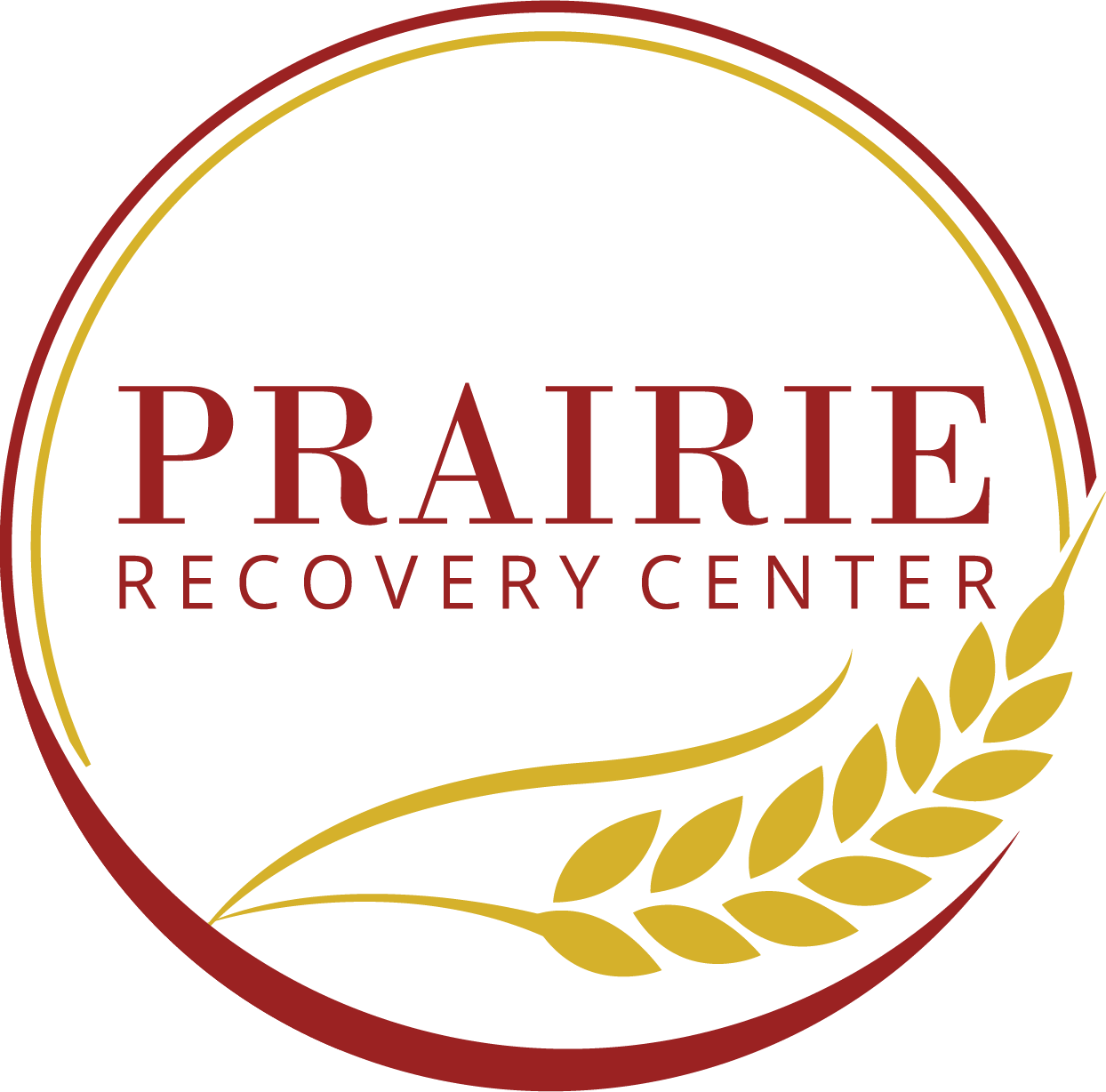Family is the most essential support system that an individual has. In fact, if you’re struggling with addiction, family therapy can be a helpful treatment option. The goals of family therapy are to help the family members understand and support the individual with addiction or mental illness, to improve communication within the family, to resolve conflict, to develop healthy coping skills, and to strengthen the family bond.
Prairie Recovery Center’s family recovery program offers a range of services to help families heal. We understand that addiction and mental illness don’t just impact the individual but also the family unit. Our goal is to help the entire family heal and move forward. If you’re struggling with addiction or mental illness, we encourage you to reach out to us. We can help you and your family get on the path to recovery.
What Is Family Therapy?
Family therapy is a type of counseling that helps family members improve communication, resolve conflict, and cope with stressors. Family therapy can be helpful for families dealing with addiction or mental illness.
Generally, family therapy sessions are conducted with all family members present. However, individual sessions may also be conducted if needed.
Why Is It Important to Have Goals For Family Therapy?
It is important to understand the goals for family therapy before beginning treatment. This will help you and your family know what to expect from therapy and what you should be working towards.
By having specific goals, the therapist and family can work together to identify areas of concern and create a plan to address those concerns.
Loving and supporting a family member in addiction or mental illness can be difficult. You may feel overwhelmed, helpless, and hopeless. Family therapy can help you understand what your loved one is going through and how you can best support them.
5 Family Therapy Goals and Objectives
Each family is unique, and therefore, each family’s therapy goals will be unique as well. However, there are some common goals that many families hope to achieve through therapy.
Here are five examples of family therapy goals and objectives:
1. Improve Communication
One of the main goals of family therapy is to improve communication. This is because communication is often one of the first things to suffer when addiction is present.
If you’re dealing with addiction in your family, you may find that you’re unable to talk to each other as openly as you used to. This can lead to misunderstandings and conflict, but family therapy can help you learn how to communicate with each other more effectively, helping to reduce conflict and improve your relationships.
2. Increase Understanding
Another of the goals of family therapy is to increase understanding. This means helping family members understand addiction, as well as each other’s experiences.
For example, if you’re the spouse of someone with addiction, you may not understand why they keep using drugs or alcohol despite the negative consequences. Family therapy can help you understand addiction and how it affects your loved one.
3. Promote Healing
In addition to increasing understanding, family therapy also promotes healing. This is because family therapy can help you work through the pain that addiction has caused.
If you’ve been affected by addiction, you may be dealing with a lot of hurt and resentment. Family therapy can help you process these emotions and start to move on.
4. Strengthen Relationships
Another goal of family therapy is to strengthen relationships. This is because addiction can put a lot of strain on family relationships.
If you’re dealing with addiction in your family, you may find that your relationships with each other are not as strong as they used to be. Family therapy can help you rebuild these relationships and create a stronger bond.
5. Develop a Support System
If you’re struggling with addiction, you may feel like you’re alone. However, family therapy can help you develop a support system of family and friends who can help you through your recovery.
If you’re dealing with addiction, you may feel like you’re the only one going through it. Family therapy can help you connect with other families who are dealing with addiction. This can provide you with much-needed support and understanding.
Examples of Family Therapy Goals
During the years of addiction, the family may have forgotten how to truly support each other. Maybe their goal should be that the family relearns how to be supportive. This may look like family members taking turns being emotionally present for each other, lending a listening ear, or taking care of practical needs.
If there are children in the family, another good example of a family therapy goal is to involve age-appropriate education on addiction and process any feelings they have. Children may also need help developing coping skills to deal with the stress of addiction.
Realize Goals in Family Therapy at Prairie Recovery
When a person is struggling with addiction, their family often suffers alongside them. Addiction can put a strain on even the strongest of relationships. But just as addiction treatment is vital for the person suffering, so is family therapy.
Here at Prairie Recovery Center, we understand the importance of family support during addiction treatment. That’s why we offer family therapy as part of our comprehensive rehabilitation program.
If you’re struggling with addiction, know that you’re not alone. Call [Direct] today and start experiencing the family therapy goals you always wanted.


